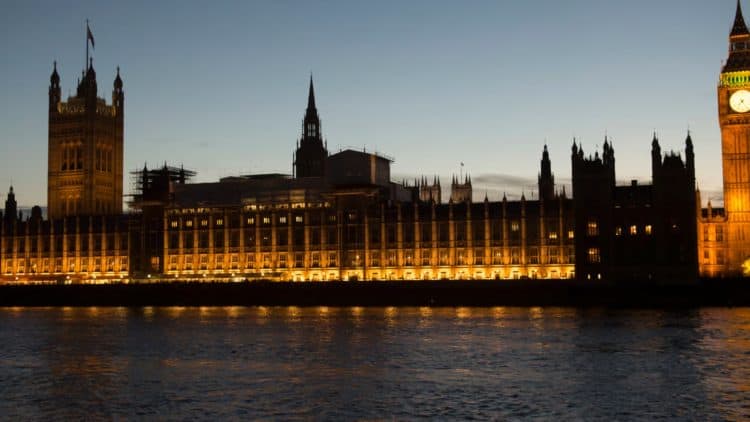Hold on to your wallets! MPs are set to receive a 2.8% pay rise, taking their annual salaries from £91,346 to £93,904, thanks to a decision by the Independent Parliamentary Standards Authority (Ipsa). The increase comes at a time when the public is already grappling with high taxes, inflation, and struggling public services—so it’s no surprise the announcement has sparked controversy.
Ipsa defends the pay rise
Richard Lloyd, chairman of Ipsa, justified the pay bump, saying it reflects the “vital role MPs play” as well as current public sector pay trends.
“IPSA has been responsible for deciding MPs’ pay since 2011. Our aim is to make fair decisions for both MPs and the public. This pay proposal reflects the wider experience of public sector workers and the current economic climate.”
The rise is slightly above the current inflation rate of 2.5%, but Lloyd insists it’s in line with the government’s recommendations on public sector pay this year.
Taxpayers: “This is a bitter pill to swallow”
Not everyone is convinced, with critics accusing MPs of rewarding themselves while the public struggles.
John O’Connell, chief executive of the TaxPayers’ Alliance, didn’t hold back:
“This will be a bitter pill to swallow, given politicians from both sides have spent years hammering taxpayers with record-high tax burdens, persistent inflation, and struggling public services.”
O’Connell argued that MPs shouldn’t get a pay rise unless the country’s economic performance improves:
“Pay for politicians should be strictly linked to the country’s economic performance, ideally tied to living standards measured by GDP per capita.”
A history of pay rises: how much has it increased?
This isn’t the first time MPs have enjoyed a healthy boost to their salaries. Back in March last year, they got a 5.5% increase under Rishi Sunak, taking their basic salary from £86,584 to £91,346.
If this latest proposal goes through, MPs will have seen their pay jump by nearly £14,500 since the start of the last Parliament in 2019, when their salary was £79,468. Ministers, of course, receive a separate salary on top of this for their additional responsibilities.
What happens next?
Ipsa’s pay proposal is open for consultation until mid-March, so the backlash may intensify as the public and critics have their say. But if history is any indicator, it’s likely MPs will be walking away with fatter pay packets while many households continue to tighten their belts.
You may also like: Starmer under fire for ‘ghoulish’ migrant deportation videos as Labour faces backlash







